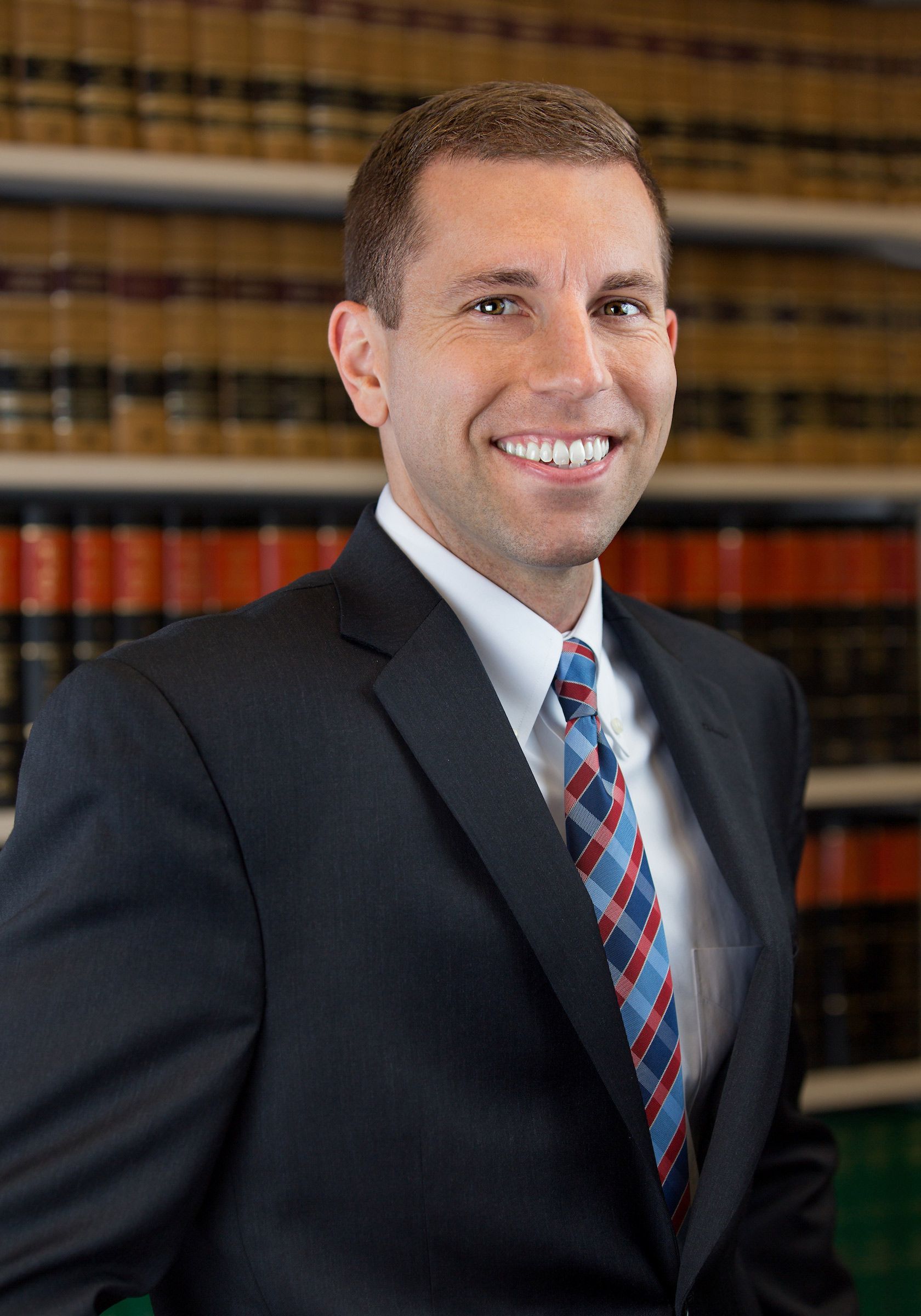Representing The People of DeKalb County and The Surrounding Metro Area.
Meet Our Attorneys
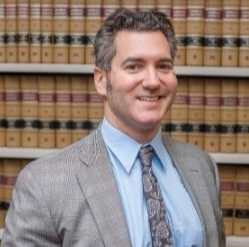
About Dan DeWoskin
Daniel DeWoskin, the founder of DeWoskin Law Firm, LLC, has been practicing law since 2002. He graduated from the Georgia State University College of Law and completed his Communication Studies and Classics undergraduate degrees at the College of Charleston in Charleston, South Carolina.
Dan is a past president of the DeKalb Bar Association, Past President of the Decatur Rotary Club, a previous board member of the DeKalb Volunteer Lawyers Foundation, and the former chair of the DeKalb Board of Ethics. During the 2020 legislative session in Georgia, Dan served as "Criminal Defense Lawyer of the Week," helping to advocate for sound, responsible policy and law. Additionally, Dan continues to serve DeKalb County and the Atlanta metro area through leadership positions and volunteer work. He is an active member of the Georgia Trial Lawyers Association (GTLA), the Georgia Association of Criminal Defense Lawyers (GACDL), the National Association of Consumer Advocates (NACA), and the Lawyers Club of Atlanta. He is also on the Board of the DeKalb Bar Association.
He graduated from the Gerry Spence Trial Lawyer's College and Leadership DeKalb. Since 2012, Dan has been recognized by Thomson Reuters as a Super Lawyer. Dan teaches trial skills at the Emory University School of Law and The Paideia School in Atlanta. Even before law school, Dan was intensely interested in serving his community. He was trained by the Georgia Peace Officer Standards and Training Council (POST) as a law enforcement officer and continues to maintain his certification.
He also spent time volunteering as a Fulton County Deputy Sheriff. This experience as a law enforcement officer helps Dan fully understand the criminal justice system, while most attorneys have only experienced it through secondhand reports or client testimonials.
For the DeWoskin Law Firm, Dan handles all case types, specializing in personal injury, criminal defense, and consumer debt defense.

About Sam Han
Sam Han is Special Counsel for the firm, with much of his time spent on strategizing and writing. Sam is the firm's walking resource on Rules (e.g., Rules of Civil Procedure, Rules of Evidence, Rules of Professional Conduct, etc.).
Sam has practiced before the Supreme Court of the United States, the Court of Appeals for the Sixth Circuit, the Court of Appeals for the Eleventh Circuit, the Court of Appeals for the State of Georgia, the Supreme Court of Georgia, the United States District Court for the Northern District of Georgia, and the United States Patent and Trademark Office. Sam is also licensed to practice before the Court of Appeals for the Federal Circuit.
Before becoming an attorney, Sam taught surgery to students in the WPI. Biomedical Engineering, UMass Medical, and Tufts Veterinary programs while concurrently researching strokes, tumors, and ligaments using magnetic resonance imaging (MRI) and magnetic resonance spectroscopy (MRS). Sam was a law professor at the University of Dayton and Indiana Tech.
In addition to being a research scientist, electrical engineer, and biomedical engineer, Sam is a chess player, a close-up magician, a pianist, a guitarist, a rower, a tennis player, and a motorcyclist.
Meet Our Staff
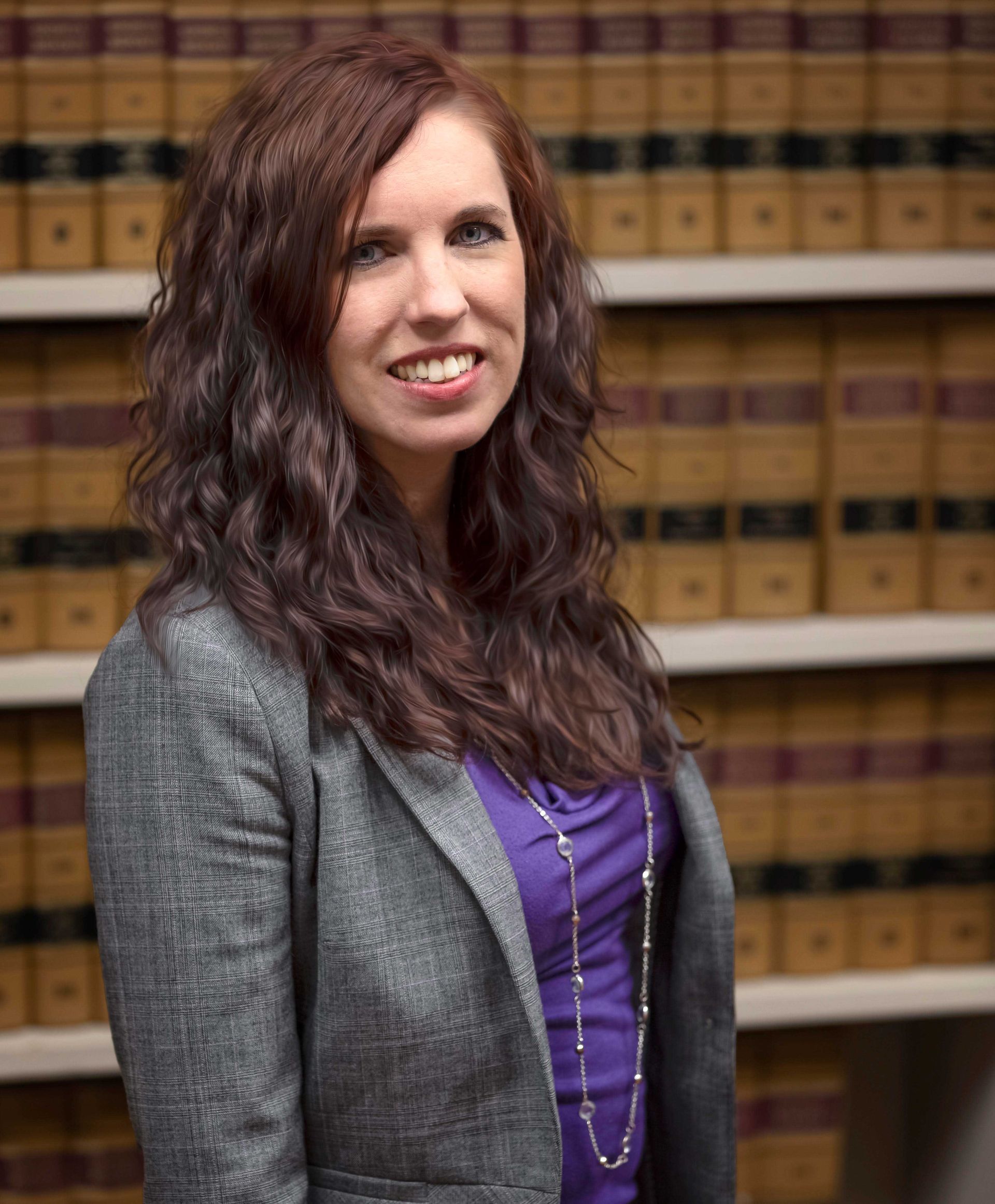
About Amanda
Amanda joined the DeWoskin Law Firm in 2019 as a paralegal. Amanda manages the firm's personal injury cases. She handles many administrative aspects of client representation, including collecting and organizing medical records, negotiating liens with medical providers, drafting pleadings and discovery, and maintaining a close working relationship with clients.
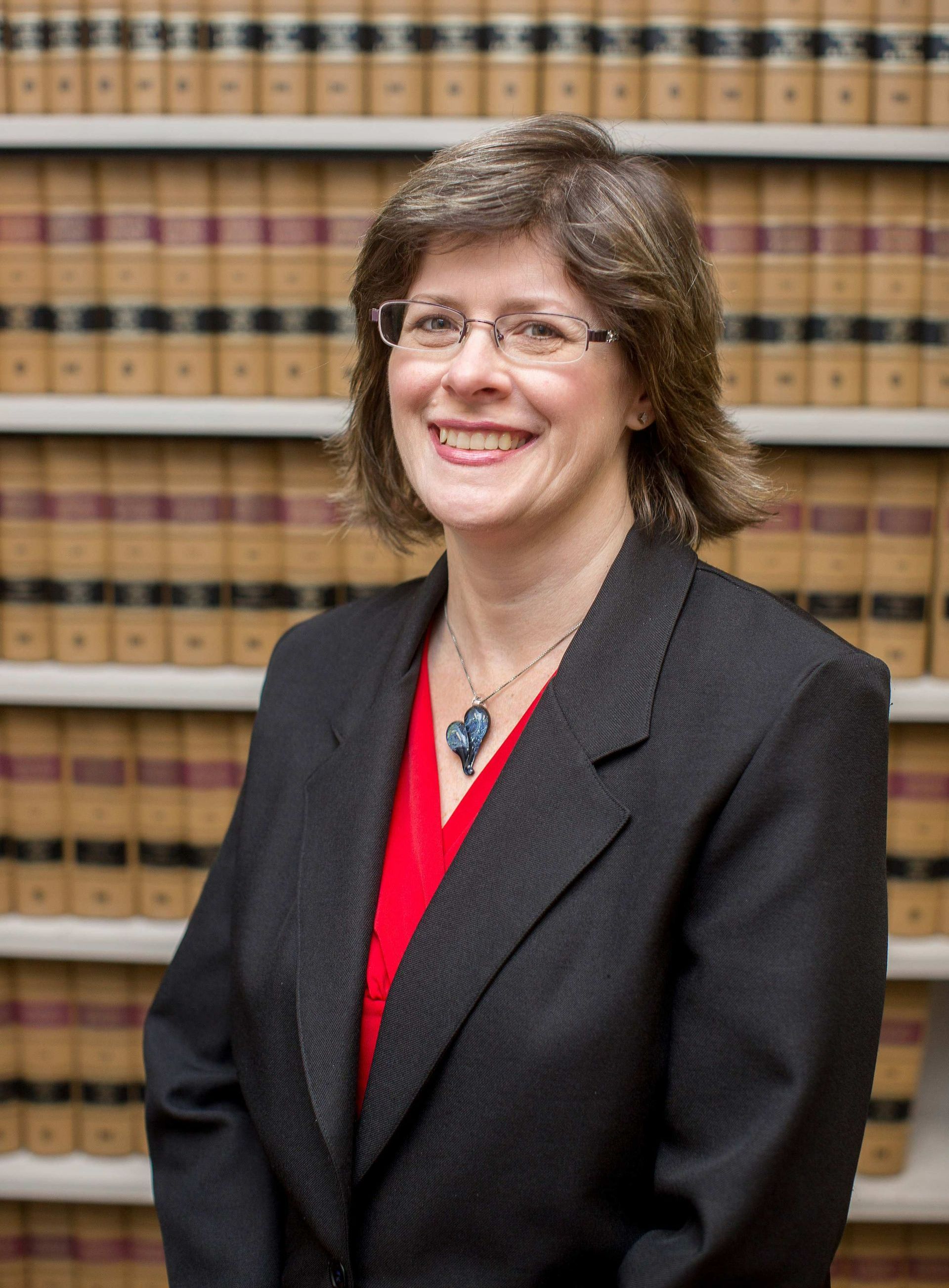
About Michelle
Michelle has been with the DeWoskin Law Firm since 2015. She is the firm's office manager and legal assistant, having many years of experience working with attorneys and law firms in the metro Atlanta area. Her background covers general practice, criminal defense, debt collection defense/consumer debt matters, and bankruptcy.
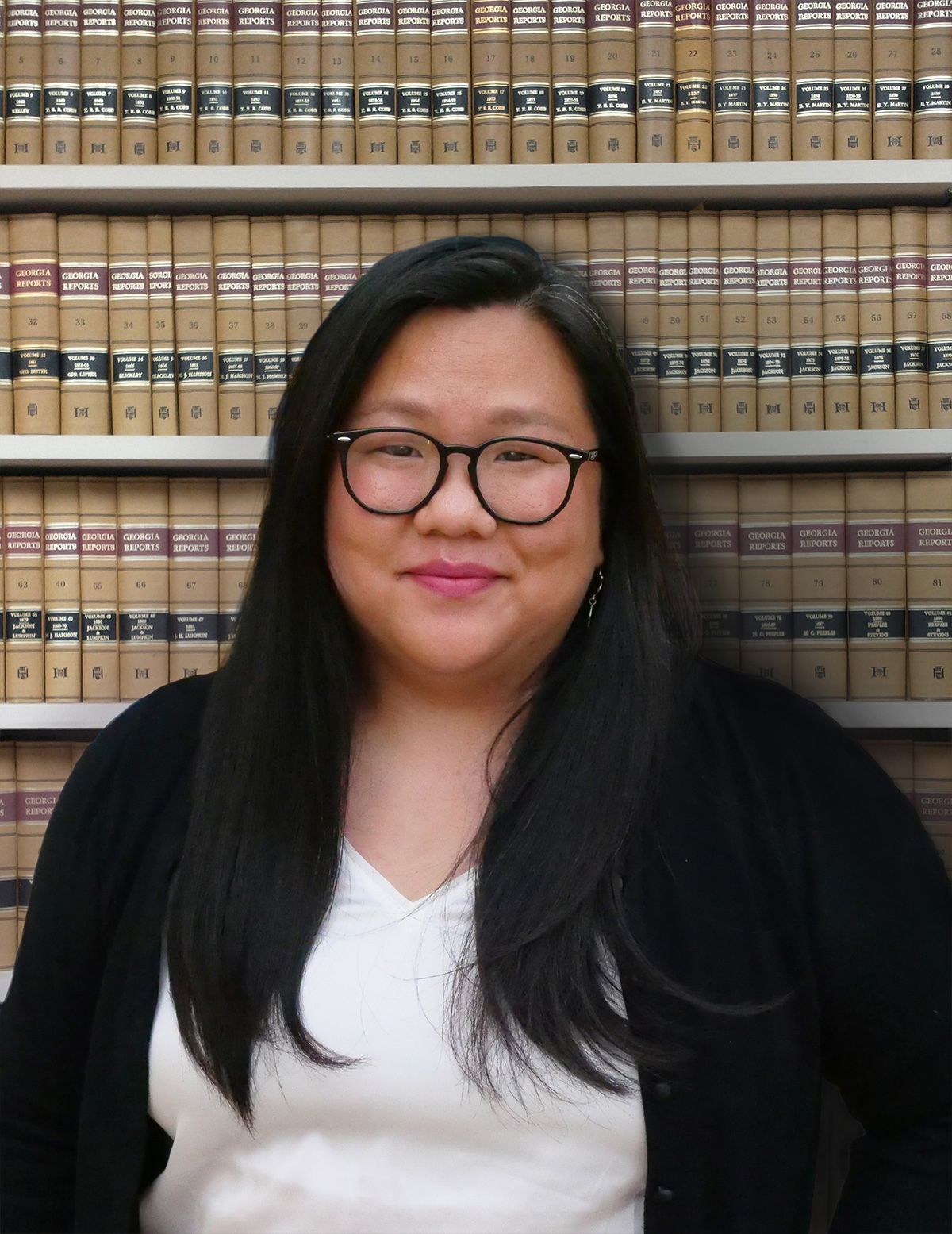
About Somee
Somee joined DeWoskin Law Firm in June of 2021. She is a graduate of the University of Cincinnati with a bachelor's degree in Political Science. Her background is in customer service, and she is passionate about community and local government. She is excited to utilize her experience and skills to support clients and the DeWoskin Law Firm team.
We'd love to hear from you! Call our friendly team at 404-987-0026.

